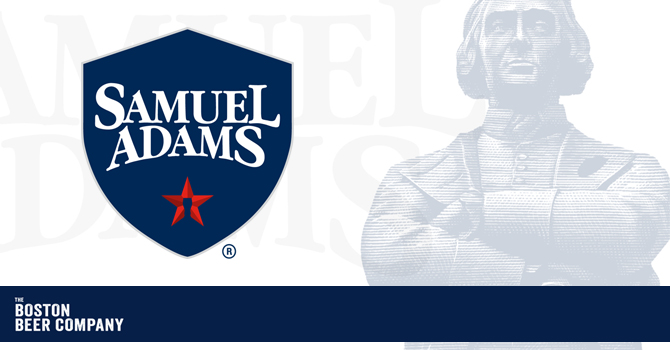
Boston Beer Company reported third quarter depletions (sales-to-retailers) and shipments (sales-to-wholesalers) of 30% and 19.1%, respectively, according to financial results issued after the end of trading today.
Boston Beer’s third quarter earnings marked the first with combined results following the merger with Dogfish Head Craft Brewery. The combined company — whose brands include Truly Hard Seltzer, Samuel Adams beer, Angry Orchard hard cider and Twisted Tea — reported net revenue growth of 23.3%, to $378.5 million, during Q3.
Year-to-date, Boston Beer’s net revenue is up 23.1%, to $948.5 million, for the 39 weeks ending September 28. Boston Beer’s year-to-date depletions are up 21%, while shipments are up 21.5%. The company has shipped around 4 million barrels of product thus far in 2019, with around 1.6 million barrels shipped in Q3.
Boston Beer is estimating its shipments and depletions growth of between 19% and 22% for the full year, up from previous estimates of between 17% and 22%.
Boston Beer CEO Dave Burwick attributed the depletions growth to the Truly Hard Seltzer and Twisted Tea brands, as well as the addition of Dogfish Head. Those gains were only partly negatively affected by declines in the Samuel Adams and Angry Orchard brands.
“Truly continues to generate triple-digit volume growth,” he said in a press release.
Burwick noted that during the third quarter, Boston Beer rolled out Truly on draft nationally, announced a sponsorship deal with the National Hockey League, reformulated all Truly flavors and continued to grow the brand’s distribution.
Burwick added that new innovations, including Truly Hard Seltzer Lemonade and the launch of a new Truly flavor, Watermelon Kiwi, are coming in 2020.
“We believe these significant new flavor introductions, combined with the new NHL partnership and our ad campaign for Truly featuring well known actor Keegan-Michael Key, will help further improve our position as a leader in hard seltzer and build Truly as a meaningful and relevant brand,” he added.
Nevertheless, the increase in depletions has been a drag on the company’s gross margin, as it partners with third-party co-packers to help meet demand for Truly. The company’s gross margin of 49.6% in Q3 was down from 51.2% at the same time in 2018. Boston Beer’s year-to-date gross margin of 49.7% is also down from 51.3% for the same 39-week period in 2018. The company is targeting a full-year gross margin of between 50% and 51%.
To relieve some of its capacity constraints, Burwick said the company is installing a new canning line at its Breinigsville, Pennsylvania brewery, which is expected to be operational by the end of 2019. The company has also increased its sleek can capabilities at its contract brewery partners.
“We are also accelerating other capacity and efficiency improvements at our breweries, which is reflected in our capital spend expectations for 2020,” he said. “We will continue to invest to increase capacity as appropriate to meet the needs of our business and take full advantage of the fast-growing hard seltzer category.”